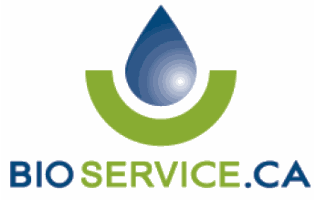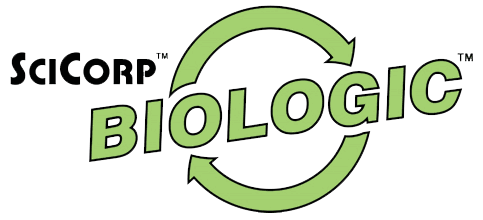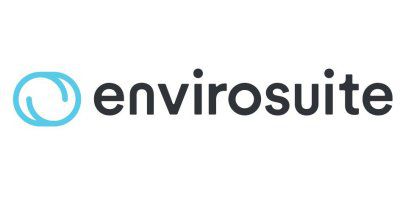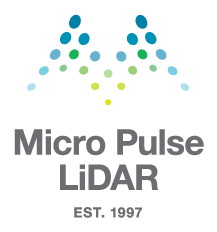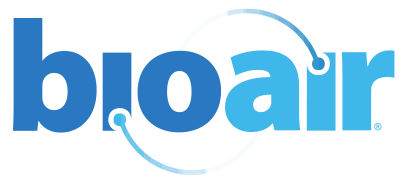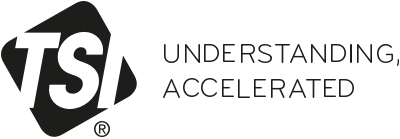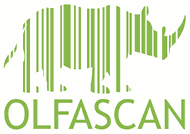Air and Odor Management Conference
Air Pollution in the Cloud Transformative Sensing and Data Mining for Cleaner Air
This conference brings together members of the scientific community, government, industry, and non-governmental organizations, all of whom are pushing the boundaries of air quality and odor science and addressing their impacts on society.
Where The Air and Odor Industry Meets!
Air and Odor Management Conference and Technology Showcase
Toronto, Canada, September 19 - 20, 2019
We are delighted to invite you to join over 200 attendees, including top scientists and industry leaders, for the 2019 Air & Odor Management Conference (AOMCTS). This year, AOMCTS will bring together members of the scientific community, government, industry, and non-governmental organizations, who are pushing the boundaries of air quality and odor science and addressing their impacts on society under the theme "Air pollution in the cloud: Transformative sensing and data mining for cleaner air".
Conference Organizers
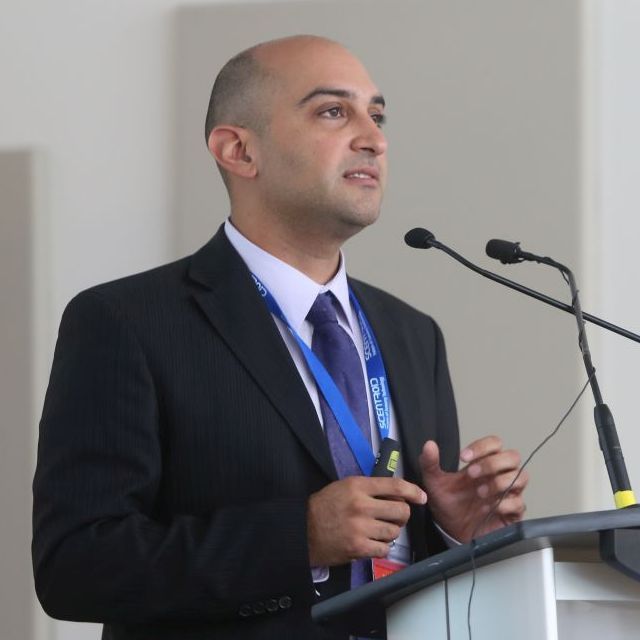
Chair: Ardevan Bakhtari
Dr. Ardevan Bakhtari is a specialist in instrumentation with extensive background in the environment, nuclear, and medical industries. He has a PhD in instrumentation from Faculty of Engineering, University of Toronto. He has been involved in numerous international projects focusing on industrial odour impact assessment and regulations. Dr. Bakhtari is the founder of Scentroid, the world leader in odour measurement and air sensing equipment.


Co-Chair: Marianne Hatzopoulou
Dr. Hatzopoulou is a Canada Research Chair in Transportation and Air Quality and Associate Professor in the Civil and Mineral Engineering Department, University of Toronto. She leads the Transportation and Air Quality (TRAQ) research group with expertise in modelling road transport emissions and urban air quality as well as evaluating population exposure to air pollution.

Meet the Plenary Speakers
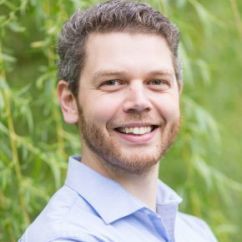
Matthew Adams
Matthew Adams is an Assistant Professor in the Department of Geography at the University of Toronto Mississauga. His research focuses on the development of new air pollution monitoring protocols using a combination of reference instruments and low cost sensors. He uses artificial intelligence to capture the spatial variability in urban air pollution.
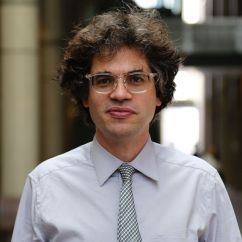
Jeffrey Siegel
Jeffrey Siegel is Professor of Civil Engineering at the University of Toronto and a member of the university’s Building Engineering Research Group. He holds joint appointments at the Dalla Lana School of Public Health and the Department of Physical & Environmental Sciences.
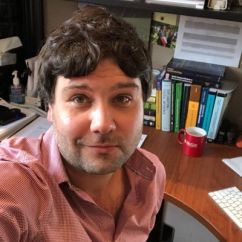
Scott Weichenthal
Scott Weichenthal is an Assistant Professor in the Department of Epidemiology, Biostatistics & Occupational Health at McGill University. His research is focused on understanding the impact of the built environment on air pollution exposures in urban areas as well as the short and long-term health effects of air pollution exposures. He is particularly interested in the role of oxidative stress in determining air pollution health effects.
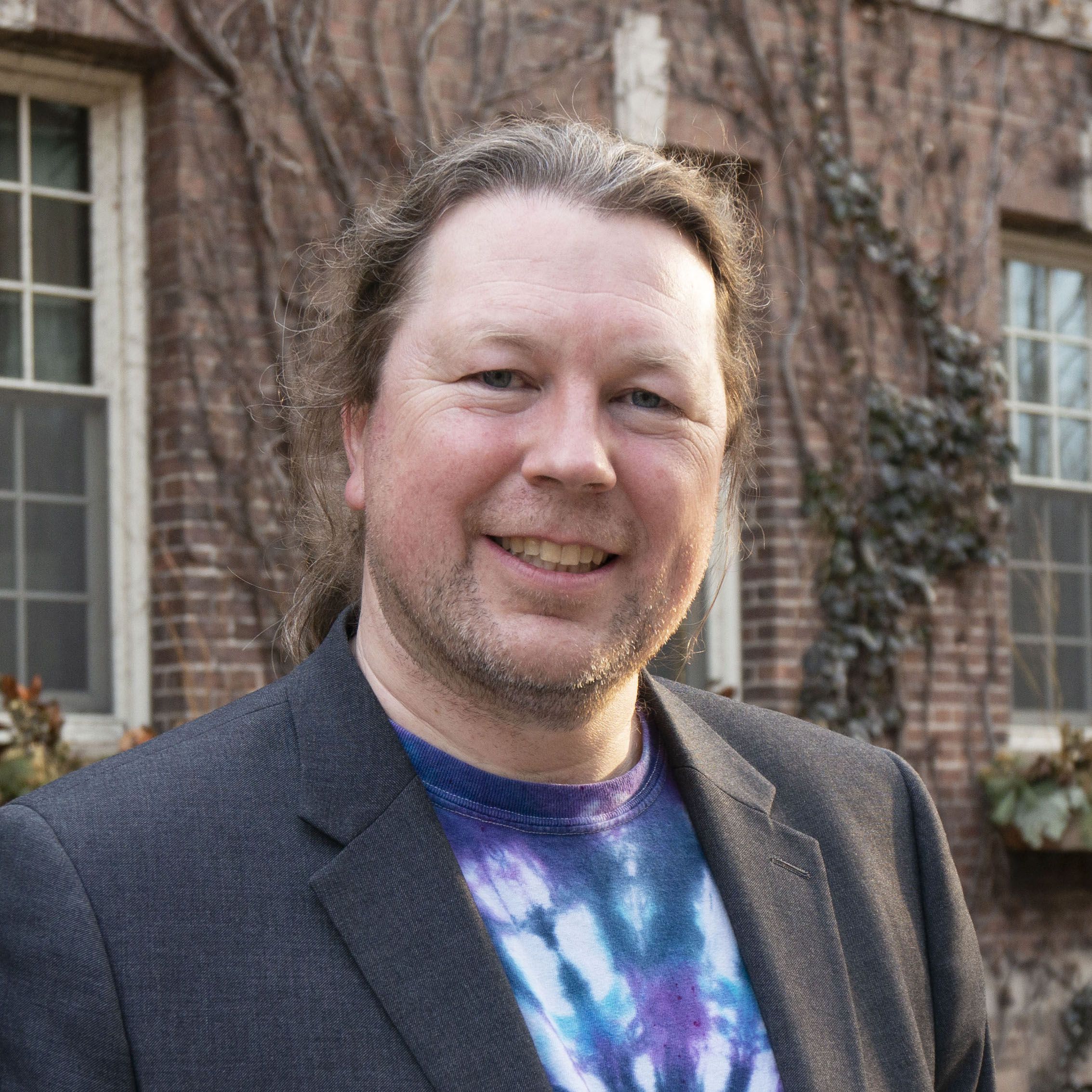
Steve Easterbrook
Steve Easterbrook is the director of School of the Environment, University of Toronto. Professor, Department of Computer Science, University of Toronto. Lead scientist, NASA Independent Software Verification Facility, West Virginia, US, 1995-1999.
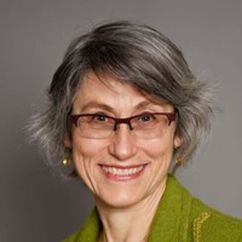
Miriam Diamond
Miriam Diamond is a professor in the Department of Earth Sciences, University of Toronto. The goal of Prof. Diamond’s multidisciplinary research program is to improve our understanding of chemical contaminants from emission, through to transport indoors and outdoors, and ultimately human and ecological exposure.
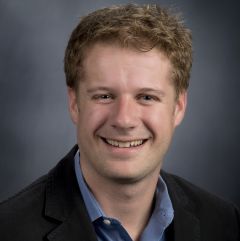
Steve Hankey
Steve Hankey is an Assistant Professor of Urban Affairs and Planning at Virginia Tech. His core research centers on topics at the intersection of environmental engineering, urban planning, and public health. His work falls into three areas: (1) measurement and modeling of urban air quality, (2) integrating bicycle and pedestrian traffic counts and models in the planning process, and (3) assessing cyclists’ and pedestrians’ exposure to hazards in urban environments.
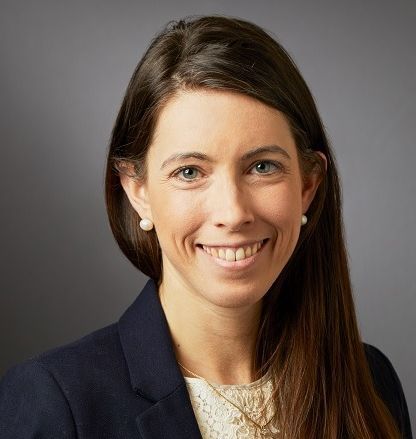
Krystal Pollitt
Krystal Pollitt is an Assistant Professor in the Department of Environmental Health Sciences at Yale University. Her research is focused on improving our understanding personal exposure to airborne pollutants and how these environmental chemicals shape health outcomes. She has developed mass spectrometry approaches to characterise exposure to complex chemical mixtures of trace elements and organic contaminants.
Meet our Government Partners
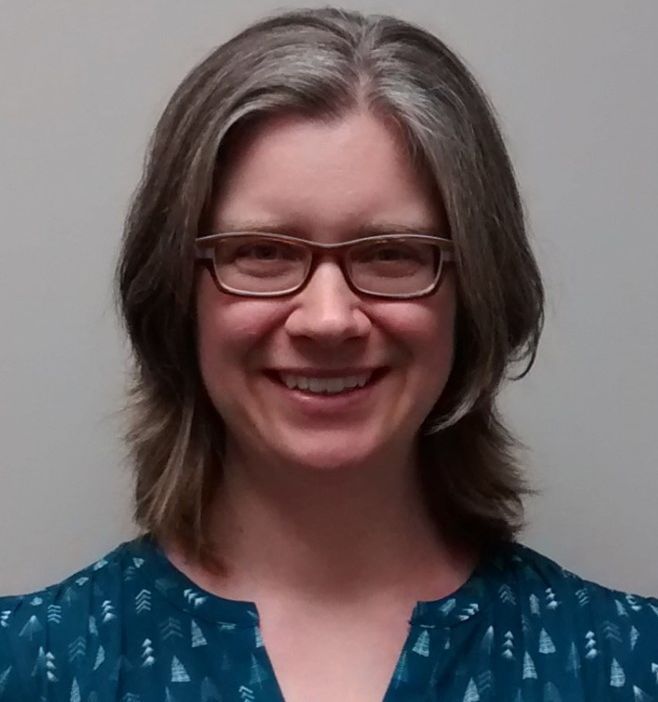.jpg)
Stephanie Gower, Toronto Public Health
Stephanie Gower is the Acting Manager of the Healthy Cities, Assessment and Analysis team within the Healthy Public Policy Directorate at Toronto Public Health. She received her PhD in Health Studies from the University of Waterloo, and holds an adjunct appointment at the University of Toronto's Dalla Lana School of Public Health. Her current work supporting a healthier Toronto focuses on health impacts of air pollution and climate change, and on interactions between health, mobility, and Toronto's built environment.
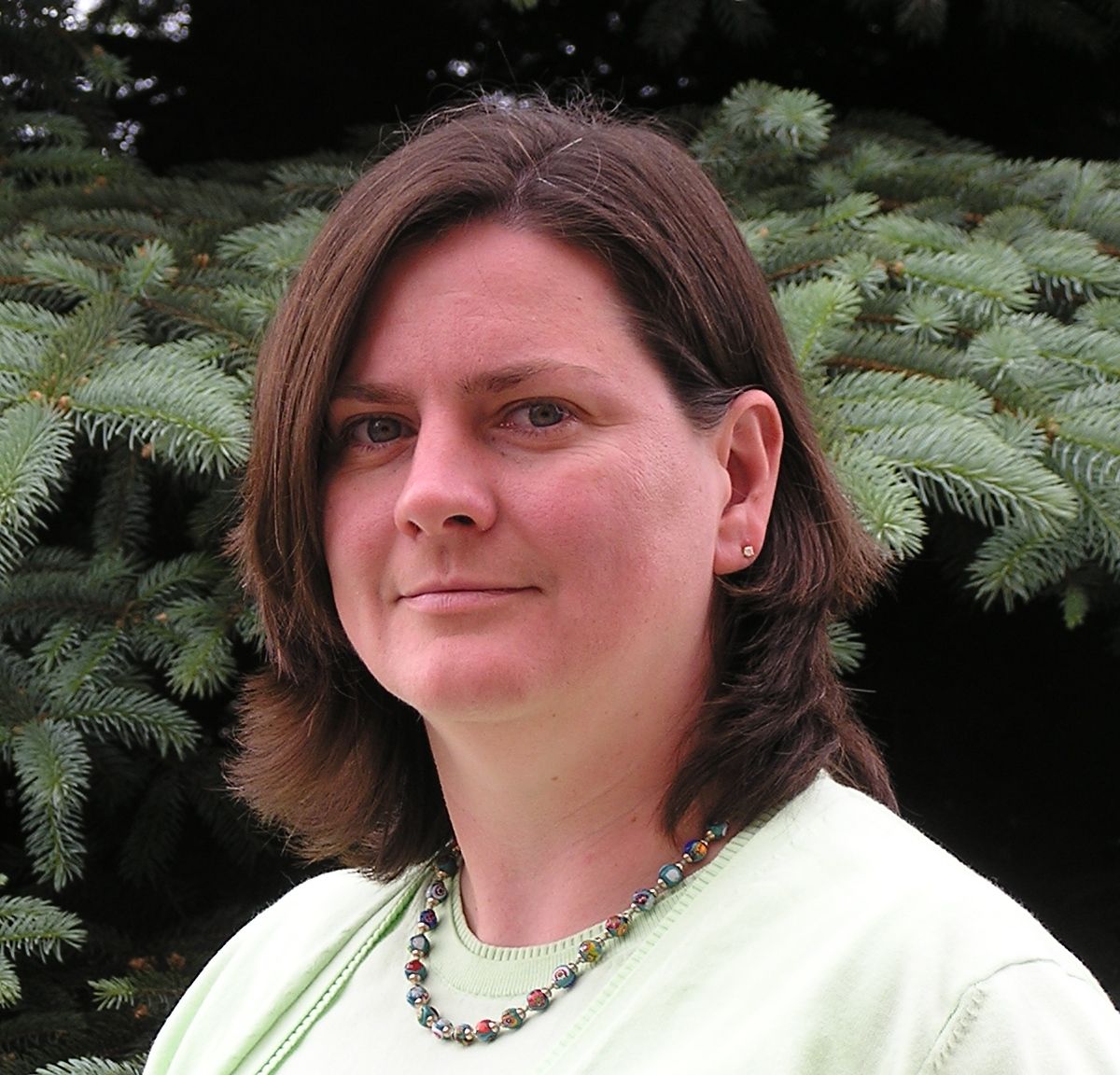
Louise Aubin, Peel Public Health
Louise Aubin is a Health Protection Manager with Peel Public Health. She manages the Health Hazard Investigation and Vector-Borne Disease teams. She is currently working on an air quality modelling and monitoring project for the region of Peel, the built form and public health, climate change adaptation, children’s health and the environment, and other local environmental health issues. She holds a Masters degree in Environmental Studies from York University and a Bachelor of Science in Microbiology from the University of Toronto.
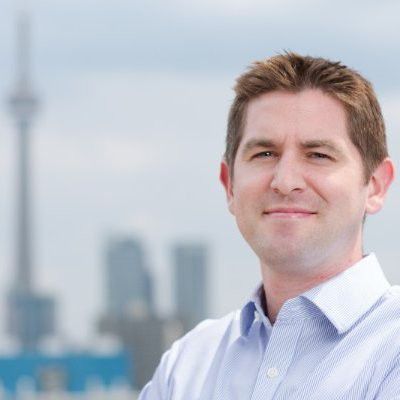
Robert Healy, Ontario Ministry of the Environment, Conservation and Parks
Robert holds a PhD in Atmospheric Chemistry, and works as a Senior Environmental Officer at the Ontario Ministry of the Environment, Conservation and Parks. He is working on the development of new mass spectrometry approaches for testing compliance with Ontario Regulation 419/05 and emergency response. He has led sampling campaigns which involve the deployment of mobile mass spectrometers for the measurement of volatile organic compounds (VOCs) in ambient air.

Jonathan Wang, Ontario Ministry of the Environment, Conservation and Parks
Jonathan is a Senior Environmental Officer with the Air Quality Monitoring and Assessment Unit at the Ontario Ministry of the Environment, Conservation and Parks. He received his PhD in Chemical Engineering at the University of Toronto and the Southern Ontario Centre for Atmospheric Aerosol Research with a focus on urban air quality and impacts from vehicle emissions. He is currently working on developing better near road monitoring of traffic-related air pollutants in the province and improvement of data management and visualization from the air quality monitoring network.
Meet the Scientific Committee
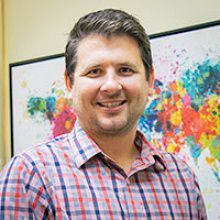
Perry Hystad
Perry Hystad is an environmental epidemiologist focused on understanding the health impacts related to place. A large portion of his research uses spatial exposure assessment methods to determine the chronic health effects associated with exposure to air pollution, including cardiovascular and respiratory diseases and cancer.

Scott Weichenthal
Scott Weichenthal is an Assistant Professor in the Department of Epidemiology, Biostatistics & Occupational Health at McGill University. His research is focused on understanding the impact of the built environment on air pollution exposures in urban areas as well as the short and long-term health effects of air pollution exposures. He is particularly interested in the role of oxidative stress in determining air pollution health effects.
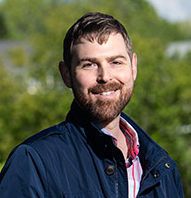
Dan Crouse
Dan Crouse is a Research Associate in the Department of Sociology at the University of New Brunswick. His research bridges knowledge on the environmental and the social determinants of health. Specifically, he has been involved in a number of studies investigating the impact of exposure to ambient air pollution on adverse health outcomes, including risk of mortality, adverse birth outcomes, and incidence of cancer.
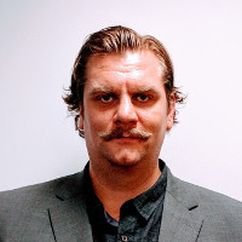
Tor Oiamo
Tor Oiamo is an Assistant professor in the Department of Geography and Environmental Studies, Ryerson University. His research is focused on exposure assessment; environmental modelling; health risk assessment; GIS and spatial statistics; health and medical geography.

Matthew Adams
Matthew Adams is an Assistant Professor in the Department of Geography at the University of Toronto Mississauga. His research focuses on the development of new air pollution monitoring protocols using a combination of reference instruments and low cost sensors. He uses artificial intelligence to capture the spatial variability in urban air pollution.
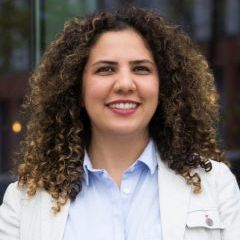
Maryam Shekarriz
Maryam obtained her Ph.D in Transportation Engineering from McGill University and Postdoc from University of Toronto. As Toronto Atmospheric Fund’s (TAF) Carbon & Co-Benefits Quantification Manager, she analyzes and recommends strategies the governments of Toronto and Ontario could undertake to meet emissions targets such as a zero emission vehicle mandate, clean fuels standard, and advancing the Toronto Green Standard.
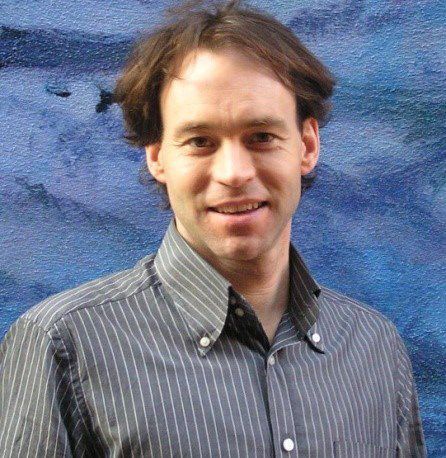
Bart Kraakman
Bart has over 25 years’ experience in the odor industry and has been responsible for numerous waste gas and odor control projects. Example clients in Europe and North America include Dow Chemicals, Rohm & Haas, Shell, 3M, Heineken breweries, Anheuser Bush breweries and many small and large industrial or government water corporations. His interests are related to sustainable design and applications of air and biosolids treatment processes. He is a globally recognized expert in biological air purification processes and is co-author on multiple scientific papers and book chapters on volatile gas emission and odor control related topics. He is also a guest lecturer at several universities. He is Principal Technology Engineer at Jacobs.
Conference Topics
Air quality data mining
Air and odor exposure
Emerging pollutants
Indoor air quality
Innovative monitoring systems
Public engagement
Remediation and abatement
Artificial Intelligence
Dispersion modelling
Industrial air pollution
Policy and legislation
Community science
Odor impact assessment
Technology for Smart Cities
Special discount for academic participants
Contact us to request your academic registration discount code. Please send us an email using your university email address with your name, position, and number of guests to be registered.
Registration
Early Bird
C$ 500 .00
/ 2 days conference- Early bird is active until August 9 019
- 2 days Conference
- Exhibition hall
- Lunches, coffee break and evening reception on day 1
Regular
C$600 .00
/ 2 days conference- Regular registration August 9 to September 10
- 2 days Conference
- Exhibition hall
- Lunches, coffee break and evening reception on day 1
Late
C$ 700 .00
/ 2 days conference- Late registration September 10 to September 19
- 2 days Conference
- Exhibition hall
- Lunches, coffee break and evening reception on day 1
Travel Information

Venue
AOMCTS 2019 will be held at the University of Toronto, Canada! The conference as well as the technology showcase will be held at the historical Hart House building.
The University of Toronto is a globally top-ranked public research university in Toronto, Ontario, Canada. Founded by royal charter in 1827 as King's College, the first institution of higher learning in the colony of Upper Canada, University of Toronto predates Canada itself.

Transport
By Public Transit (TTC)
The closest subway stop is Museum. There is a short walk from the station to Hart House. Alternatively, get off at college station, and take a street car to campus.
By Car
The University of Toronto's St. George campus is accessible via Gardiner Expressway and Don Valley Parkway. Paid parking is available around King's College Circle, as well as throughout the campus.

Hotel
There is great accommodation near the University of Toronto, St. George Campus. The organizing committee has arranged for preferred rates with Intercontinental Toronto Yorkville hotel in the historic Yorkville district. The hotel is a mere 8 minute walk distance to the venue and offers many amenities.
To book your stay at the Intercontinental simply contact the reservation team (Rosa Lee, Sales Coordinator +1 416-324-5980 , +1-800-267-0010 rosa.Lee@ihg.com with the Group Code provided to you with your conference registration.
Exhibition and Sponsorship Opportunities
Gold
- Exhibition booth
- Conference room roll up banner
- Website recognition
- Three (3) Conference admissions
-
Full page conference program
- Conference bags
- 10 minutes speaking slot
-
Additional discounted tickets
Silver
- Exhibition booth
- Website recognition
- Half page conference program
- Two (2) conference admissions
- 10 minutes speaking slot
- Additional discounted tickets
Bronze
- Exhibition booth
- Website recognition
- Quarter page conference program
- Lower Gallery roll up banner
- One (1) conference admission
- Additional discounted tickets
Exhibitors
- Exhibition booth
- One (1) conference admission
- Booth space, 1 table, 2 chairs
All sponsors have access to the conference room, coffee breaks and lunches.
.png)

